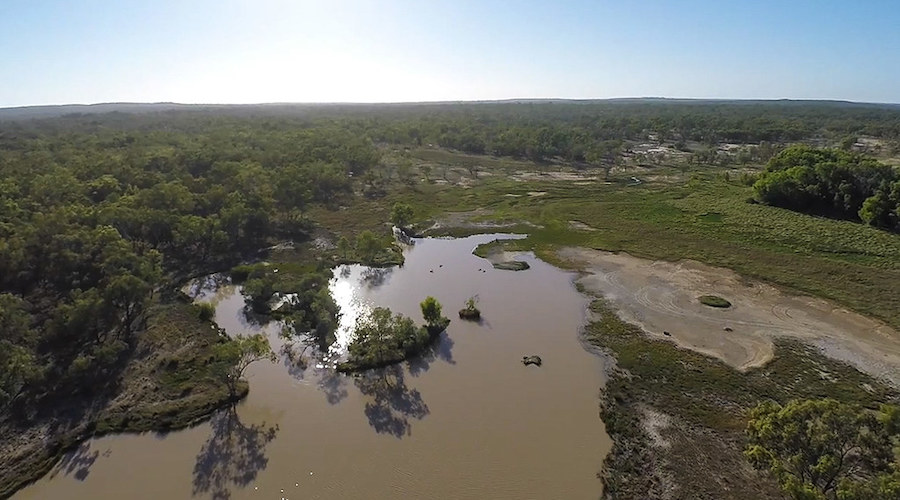
“Even if the springs’ source aquifer is partially dewatered for mining operations, there is a serious threat of permanent damage,” Robin Keegan-Treloar, lead author of the paper, said in a media statement. “Our study expands on existing water level data, undertaking the most rigorous analysis so far, and even now we cannot definitively identify the source of water to the springs.”
The researchers say that lowering the uncertainty of permanent damage to the springs will require new drilling and seismic studies to adequately identify the hydrogeological regime between the mine site and the springs
According to Keegan-Treloar and his co-authors, lowering the uncertainty of permanent damage to the springs will require new drilling and seismic studies to adequately identify the hydrogeological regime between the mine site and the springs.
The research team also said that the techniques used in this latest study help to identify and quantify conceptual model uncertainties but since further work is needed, research is ongoing, with follow-up studies being conducted using water chemistry, geophysics and numerical modelling.
“The latest study has important implications given that the Permian Formations will be dewatered by the operation of the nearby mine,” Keegan-Treloar said.
In June of 2019, Adani Group kicked off the construction of its controversial coal mine, following the approval from the Queensland government and after years of negotiations with authorities and fierce opposition from local and international environmental groups.
The Carmichael project was initially acquired by the Indian conglomerate in 2010 and it is expected to produce 8-10 million tonnes of thermal coal a year and cost A$2 billion ($1.4 billion) during its initial phase.




